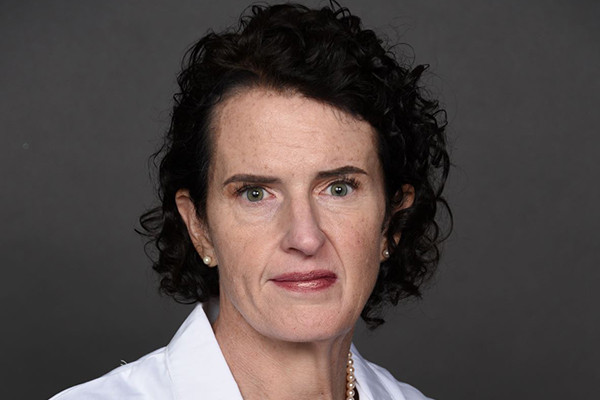You’re Not Crazy. You Just Have Cancer.
The Importance of Behavioral Health Therapy During Cancer Treatment
by Felicity Harper, PhD
Being diagnosed with cancer is like having a bomb dropped into your life. People with cancer are left standing in the rubble, overwhelmed by uncertainty. In that moment and in the months that follow, it can be hard not to obsess over all the unknowns: What are the next steps? What is my prognosis? How do I plan for the future? On top of that, people struggling with a cancer diagnosis are flooded with wave after wave of strong emotions – anger, sadness, frustration, panic, and even denial.
“Am I going crazy?” people newly diagnosed with cancer often ask me as their psychologist. No, you’re not going crazy. You just have cancer.
A behavioral health therapist is a trained specialist who can help you work through your worries and concerns, while also aiding you in sticking with your treatment program and coping with the side effects of treatment.
The emotions you are feeling and the thoughts buzzing through your mind are common responses to a cancer diagnosis. They are not strange or irrational – and certainly not “crazy.”
Caring for Your Mind, as Well as Your Body
The emotional impact of cancer hits everyone differently, and people cope in diverse ways. An oncologist will work closely with you to develop a treatment plan focused on curing or managing your cancer. At the same time, behavioral health therapy can help you manage everything else that comes along with cancer diagnosis and treatment. Sometimes, the ripple effects of cancer can be just as stressful as the cancer treatment itself.
A behavioral health therapist is a trained specialist who can help you work through your worries and concerns, while also aiding you in sticking with your treatment program and coping with the side effects of treatment. Behavioral health therapists can offer you support in prioritizing self-care during treatment. This includes exercising, getting restful sleep, maintaining personal connections, eating a nourishing diet, and establishing healthy routines. They know the importance of caring for both the body and the mind while coping with cancer.
Sometimes, the ripple effects of cancer can be just as stressful as the cancer treatment itself.
Psycho-oncology is a cancer specialty that addresses the emotional, behavioral, social, and psychological issues that can accompany cancer. Psycho-oncologists help people with cancer navigate the various challenges that arise throughout the cancer journey. This can include taking care of basic needs, improving patient-provider communication, normalizing emotional reactions, and making action plans.
It is estimated that up to a third of people treated for cancer in hospitals have a mental health condition, and up to 24 percent of people with cancer are also living with depression. Studies show those with cancer who receive mental health treatment often see an improvement in their overall medical condition. Unfortunately, psycho-oncology is not always available in cancer treatment facilities, which can make it difficult for people with cancer to access this type of care. Ideally, behavioral health support should be a standard part of cancer care.
How to Seek Help
Even the most resilient person can experience emotional troubles at some point during cancer treatment. If you are experiencing ongoing fear, worry, sadness, or grief; are unable to focus on anything other than your cancer; or have problems sleeping, eating, or attending to your physical, emotional, or mental needs, ask your oncologist for a referral to a behavioral health provider. During your cancer journey, your focus should be on your treatment and recovery, not outside stress and worries. Including behavioral health therapy as part of a holistic cancer care plan can help you get the most out of your cancer treatment while also safeguarding your mental and emotional health.
Dr. Felicity Harper is a clinical psychologist at the Karmanos Cancer Institute in Detroit, MI, who specializes in helping people cope with the emotional challenges of cancer.
This article was published in Coping® with Cancer magazine, Winter 2023.


